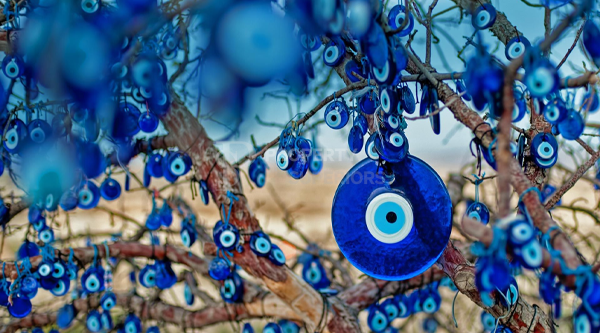
Turkey was founded in 1923 from the remnants of the Ottoman Empire. Turkish culture is characterized by Anatolian, Eastern Mediterranean, Balkan, Siberian, Central Asian and Islamic cultures. Every city in Turkey has a variety of cultural aspects, traditions, beliefs, languages and dialects.
Turkey's historical background, culture, customs, environment and way of life attract millions of tourists. When you visit Turkey, you will be amazed by its rich tradition and culture. Turks are known for their hospitality. They love meeting people and building relationships, and the hospitality of the Turks always impresses visitors to Turkey.
Here is a list of Turkish culture and customs that you will experience and enjoy while visiting Turkey:
Turkish Breakfast
If there's one thing Turks or people who live in Turkey love, it's starting the day with a good breakfast. After all, the worldwide fame of Turkish breakfast is not for nothing. The delicacies on the Turkish breakfast table are a feast for the taste buds.
A Turkish breakfast isn't guaranteed to make you a morning person, but it has a good chance of getting you through the day. Breakfast is called Kahvaltı in Turkish. It can be translated as kahve-alti, that is, undercoffee, which refers to the food eaten before drinking coffee. So, of course, a Turkish breakfast should end with a cup of freshly brewed Turkish coffee.
A well-prepared tea, bread, assorted cheeses, olives, olive oil, butter, honey, jams, an omelet or boiled egg, cucumbers and sliced tomatoes are the essential ingredients for a Turkish breakfast.
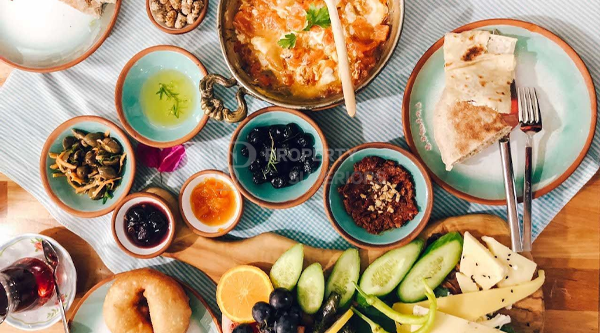
Turkish Tea
Despite the long history of coffee consumption in Turkey, tea is an integral part of Turkish culture and is the most commonly consumed hot beverage. Part of Turkish hospitality is serving tea to guests. In Turkey, the tea is grown on the eastern coast of the Black Sea and served in small, unique tulip-shaped cups known as Ince Belli Bardak.
Turkish tea is usually prepared in two stacked teapots called caydanlik. Tea produced in Turkey is exported to 114 countries around the world. Turkish tea is part of Turkish culture and way of life and is an expression of hospitality. Turkish tea has various health benefits.
The owners will treat you to a cup of tea as a token of their hospitality. There is a garden called "Cay Bahcesi" where friends and family gather for tea and discuss their daily lives while enjoying each other's company.
Turkish Coffee
Turkish coffee is an integral part of Turkish culture. It has been a way of socializing since the 16th century. Coffee is served in cafes for the first time in Istanbul. People used to meet there to read, chat and socialize over coffee. It has become a symbol of friendship, hospitality and entertainment. Turkish coffee is recognized as part of the heritage and it is impossible to see a Turkish household without Turkish coffee in the kitchen.
Turkish coffee is made using a hand-held jug known in Turkish as a cezve. It is made with the desired amount of coffee and sugar, served in a coffee mug with a saucer and cold water. You need to drink your coffee slowly to allow the small coffee grains to settle to the bottom.
The following tradition after drinking coffee is fortune telling. This is an age ritual that has been practiced for centuries. Over time, society followed this tradition more for fun than reliability. One of the old traditions behind Turkish coffee is that the future in-laws will judge the bride on how well she prepares and serves her coffee.
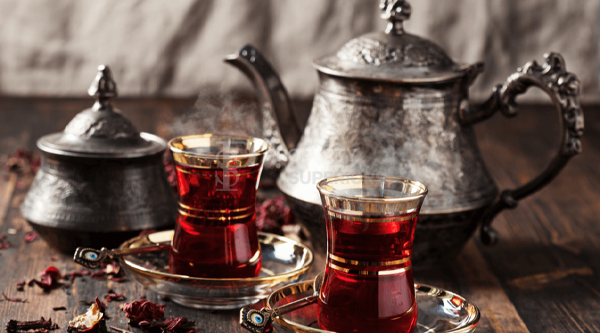
Evil Eye Talisman
Evil Eye Talisman is an important element of Turkish culture. In Turkey, it is called Nazar Boncugu. Many Turks believe that the evil eye amulet will protect them from bad luck, negativity, curses and hatred. It can be identified by the blue, white and turquoise circles. You can find them everywhere in Turkey, from shops to offices to apartments and cars. Some people wear it as jewelry, and it is also a popular keepsake.
Turkish Bath
The Turkish bath is a place to relax the muscles and body and cleanse the body and mind of dirt. It is also known as Hammam or Hamam. It is one of the oldest forms of bathing in history. During the Ottoman era, cleanliness was very important and people went to the hammam when there were no other bathing facilities in the home. Over time, it has become a traditional activity.
The Turkish bath was considered the beauty secret of Ottoman women. Scrubbing the sweaty body with a sponge can promote blood circulation, open pores, and bring comfort to people. Today, tourists visit the Turkish baths for just this experience.
Doner-Kebab
For gourmets, when they mention turkey, the first thing they think of is the famous kebab.
Doner is a traditional Turkish dish usually made with lamb. It is very popular as a quick snack or late night snack and is recognized by different names by different people.
Doner kebab is cooked with lamb, chicken or beef according to your preference and served as doner durum and iskender kebab.
Nasreddin Hodja
Nasreddin Hoja was born in the 13th century. Known for his legendary stories, he is a symbol of Turkey's sense of humor. Every year from July 5th to 10th, Turkey hosts the International Nasreddin Hoja Festival. His stories and plays are not limited to Turkey but have spread all over the world.
While the shows were unique and entertaining, there were important life lessons behind his stories; he would highlight social issues with humor and deliver symbolic messages to make them more thoughtful and less judgmental.
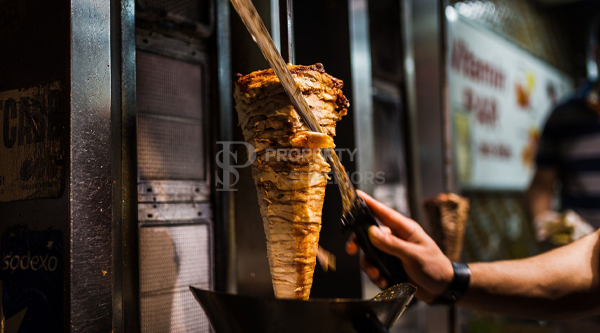
Grease Wrestling
Oil wrestling, also known as fat wrestling, is known as Yagli Gures in Turkish. This is the national game of Turkey. Oil wrestlers cover themselves with olive oil and wear traditional black leather garments called kispets.
This event is held annually, with each round of wrestling lasting 30 to 40 minutes. The winner can wear a gold belt. Oil wrestling has been listed as a World Heritage Site by UNESCO. It is one of the oldest sports played in the world since 1357.
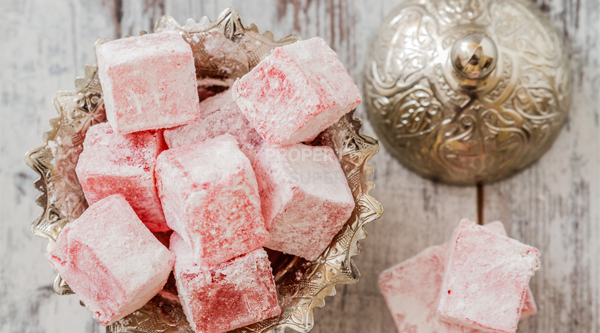
Turkish Delight
Turkish cuisine is high in sweets, and Turkish delight is one of the most famous options. This popular Turkish sweet has a history dating back to the Ottoman Empire. Turkish delight is known to have been produced in Turkey and Iran (Persia) as early as the end of the 18th century.
Related posts:
The Turkish official gazette published on Tuesday, December 12, a Republican decision issued by the presidency of the Republic of Turkey and Turkish President "Recep Tayyip Erdogan" and bearing the number 32397 regarding making some amendments to the conditions for...
The first day of last September witnessed the implementation of a new law imposing financial fines on real estate owners who impose exorbitant rents on tenants in Turkey, as disputes in recent years between landlords and tenants of real estate...




 New provisions for obtaining Turkish citizenship through real estate ownership
New provisions for obtaining Turkish citizenship through real estate ownership
 Turkish Real Estate Rental Law 2024
Turkish Real Estate Rental Law 2024
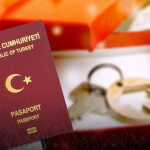 Ways to obtain Turkish citizenship through investment 2024
Ways to obtain Turkish citizenship through investment 2024
 How to choose an ideal apartment in Turkiye?
How to choose an ideal apartment in Turkiye?
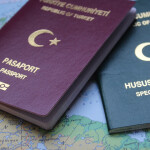 Turkish passport... Extraction method and fees 2024
Turkish passport... Extraction method and fees 2024
